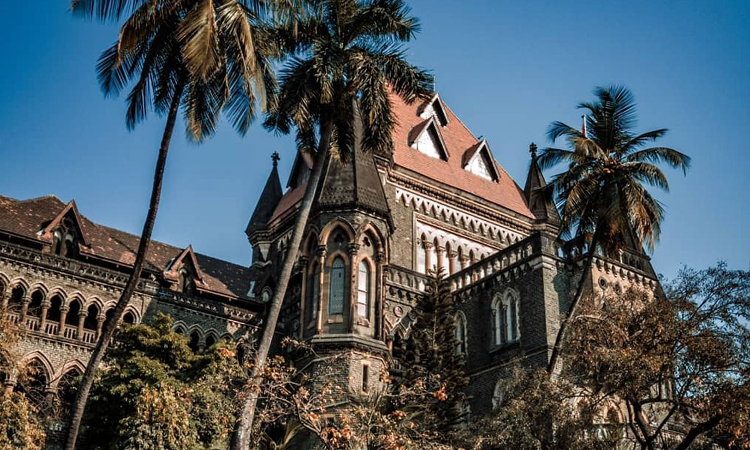Capital Gain To Be Taxed In Singapore: Bombay High Court Allows Capital Gains Exemption To FII
Mariya Paliwala
28 Jun 2023 2:00 PM IST

Next Story
28 Jun 2023 2:00 PM IST
The Bombay High Court has granted the capital gains exemption to Foreign Institutional Investors (FII).The bench of Justice K.R. Shriram and Justice Firdosh P. Pooniwalla has observed that Singapore authorities have themselves certified that the capital gain income would be brought to tax in Singapore without reference to the amount remitted or received in Singapore. The AO could not have come...
